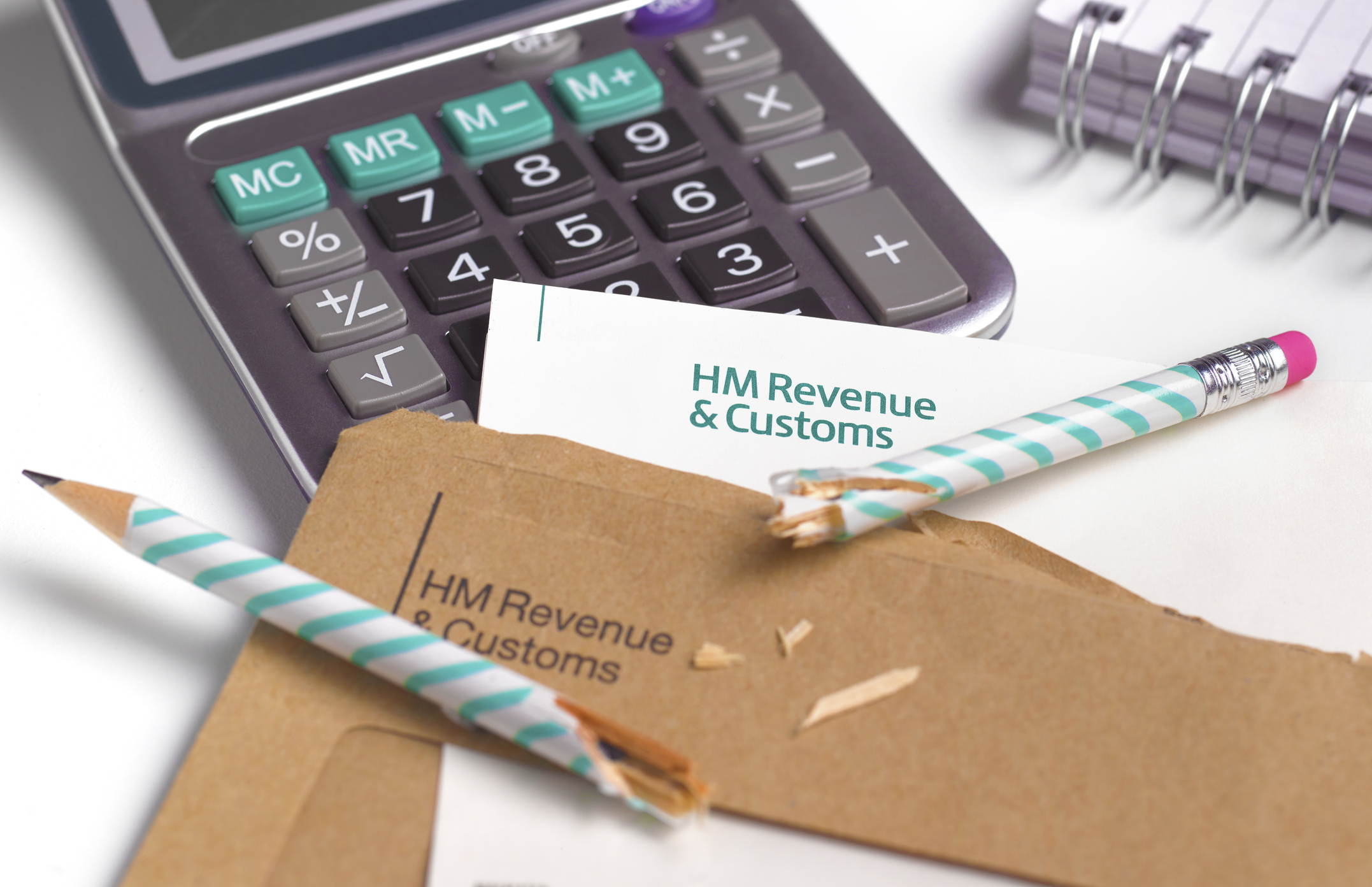Hunt ditches changes to IR35 tax rule
The new chancellor has scrapped plans to reform the IR35 tax rule for contractors and freelancers.


Get the latest financial news, insights and expert analysis from our award-winning MoneyWeek team, to help you understand what really matters when it comes to your finances.
You are now subscribed
Your newsletter sign-up was successful
Want to add more newsletters?
A relatively minor change put forward by Kwasi Kwarteng in his now-defunct mini-Budget was a proposed adjustment to the IR35 tax rule.
HMRC bought in the IR35 tax rule in 1999 aiming to clamp down on individuals – mainly contractors and freelancers – who work in a similar manner to an employee, but under the structure of a limited company.
By working through a limited company it’s possible for individuals to lower their tax burden as they don’t have to pay national insurance (NI) or income tax. Initially, the burden fell on the employee to assess whether they fell under the IR35 tax rule.
Try 6 free issues of MoneyWeek today
Get unparalleled financial insight, analysis and expert opinion you can profit from.

Sign up to Money Morning
Don't miss the latest investment and personal finances news, market analysis, plus money-saving tips with our free twice-daily newsletter
Don't miss the latest investment and personal finances news, market analysis, plus money-saving tips with our free twice-daily newsletter
However, that changed in 2017 when the government made public sector employers responsible for determining contractors’ IR35 status. In 2021, this was extended to employers in the private sector.
IR35 tax rule changes are being scrapped
Kwarteng wanted to reduce the burden on employers as part of his growth plan. He wanted to go back to the old system where employees were responsible for managing their own tax positions.
Jeremy Hunt has decided to reverse this decision. The changes brought in last year will remain in place and bring in an extra £2bn a year in tax revenue, according to Treasury projections.
The decision to retain this piece of burdensome regulation has been criticised by those who are affected.
Dave Chaplin, CEO of tax compliance firm IR35 Shield, said: "Repealing off-payroll would have returned an essential level of certainty to contract transactions in the market economy, leading to economic growth. Instead, off-payroll will continue to cause significant harm to the self-employed, major businesses, the government, and the economy.”
Rule change will lead to more tax collection
The IR35 tax rule is one of the most contentious pieces of regulation the government has introduced in recent years.
Put simply, the rules define contractors’ employment status based on a set of principles such as working for a single employer or having little discretion about when and where they work.
Employees that are deemed to fall within the scope of IR35 (and thus qualify as being employed) have to pay employment taxes – income tax and national insurance – through PAYE like all other employees.
Campaigners argue that companies have reacted by pushing all contractors into the scope of the rules – lumping them with higher taxes – rather than risk falling foul of HMRC.
And companies are right to be worried: HMRC has become quite aggressive when policing the IR35 tax rule. That could be because some estimates suggest less than 10% of contractors pay the right amount of tax.
Now Hunt has scrapped Kwarteng’s proposed changes, it looks as if the fight between contractors and HMRC will continue.
Get the latest financial news, insights and expert analysis from our award-winning MoneyWeek team, to help you understand what really matters when it comes to your finances.

Rupert is the former deputy digital editor of MoneyWeek. He's an active investor and has always been fascinated by the world of business and investing. His style has been heavily influenced by US investors Warren Buffett and Philip Carret. He is always looking for high-quality growth opportunities trading at a reasonable price, preferring cash generative businesses with strong balance sheets over blue-sky growth stocks.
Rupert has written for many UK and international publications including the Motley Fool, Gurufocus and ValueWalk, aimed at a range of readers; from the first timers to experienced high-net-worth individuals. Rupert has also founded and managed several businesses, including the New York-based hedge fund newsletter, Hidden Value Stocks. He has written over 20 ebooks and appeared as an expert commentator on the BBC World Service.
-
 The UK regions with the highest proportion of homes above the inheritance tax threshold
The UK regions with the highest proportion of homes above the inheritance tax thresholdHigh house prices are pushing more families into the inheritance tax trap across the country
-
 Are money problems driving the mental health crisis? MoneyWeek Talks
Are money problems driving the mental health crisis? MoneyWeek TalksPodcast Clare Francis, savings and investments director at Barclays, speaks about money and mental health, why you should start investing, and how to build long-term financial resilience.
-
 Rachel Reeves 'should hand back the cash' from bumper tax haul
Rachel Reeves 'should hand back the cash' from bumper tax haulOpinion Chancellor Rachel Reeves is cheering higher-than-expected tax receipts. But where has the money come from?
-
 Two million taxpayers to be hit by £100k tax trap by 2026/27
Two million taxpayers to be hit by £100k tax trap by 2026/27Frozen thresholds mean more people than ever are set to pay an effective income tax rate of 60% as their earnings increase beyond £100,000. We look at why, as well as how you can avoid being caught in the trap.
-
 13 tax changes in 2026 – which taxes are going up?
13 tax changes in 2026 – which taxes are going up?As 2026 gets underway, we look at what lies ahead in terms of changes to tax rates and allowances this year and how it will affect you.
-
 How to limit how much of your Christmas bonus goes to the taxman
How to limit how much of your Christmas bonus goes to the taxmanIt's Christmas bonus season but the boosted pay packet may mean much of your hard-earned reward ends up with HMRC instead of in your pocket
-
 Over 1 million pay 45% rate of income tax as fiscal drag bites
Over 1 million pay 45% rate of income tax as fiscal drag bitesHundreds of thousands more people are being pushed into the additional rate tax band by fiscal drag
-
 Simple assessment explained as millions brace for unexpected tax bills
Simple assessment explained as millions brace for unexpected tax billsIncreasing numbers of people could get letters from HMRC saying they owe more tax due to frozen thresholds, under a system known as simple assessment. Here is what it means for you.
-
 What are wealth taxes and would they work in Britain?
What are wealth taxes and would they work in Britain?The Treasury is short of cash and mulling over how it can get its hands on more money to plug the gap. Could wealth taxes do the trick?
-
 When is the self-assessment tax return deadline?
When is the self-assessment tax return deadline?If you are self-employed, rent out a property or earn income from savings or investments, you may need to complete a self-assessment tax return. We run through the deadlines you need to know about